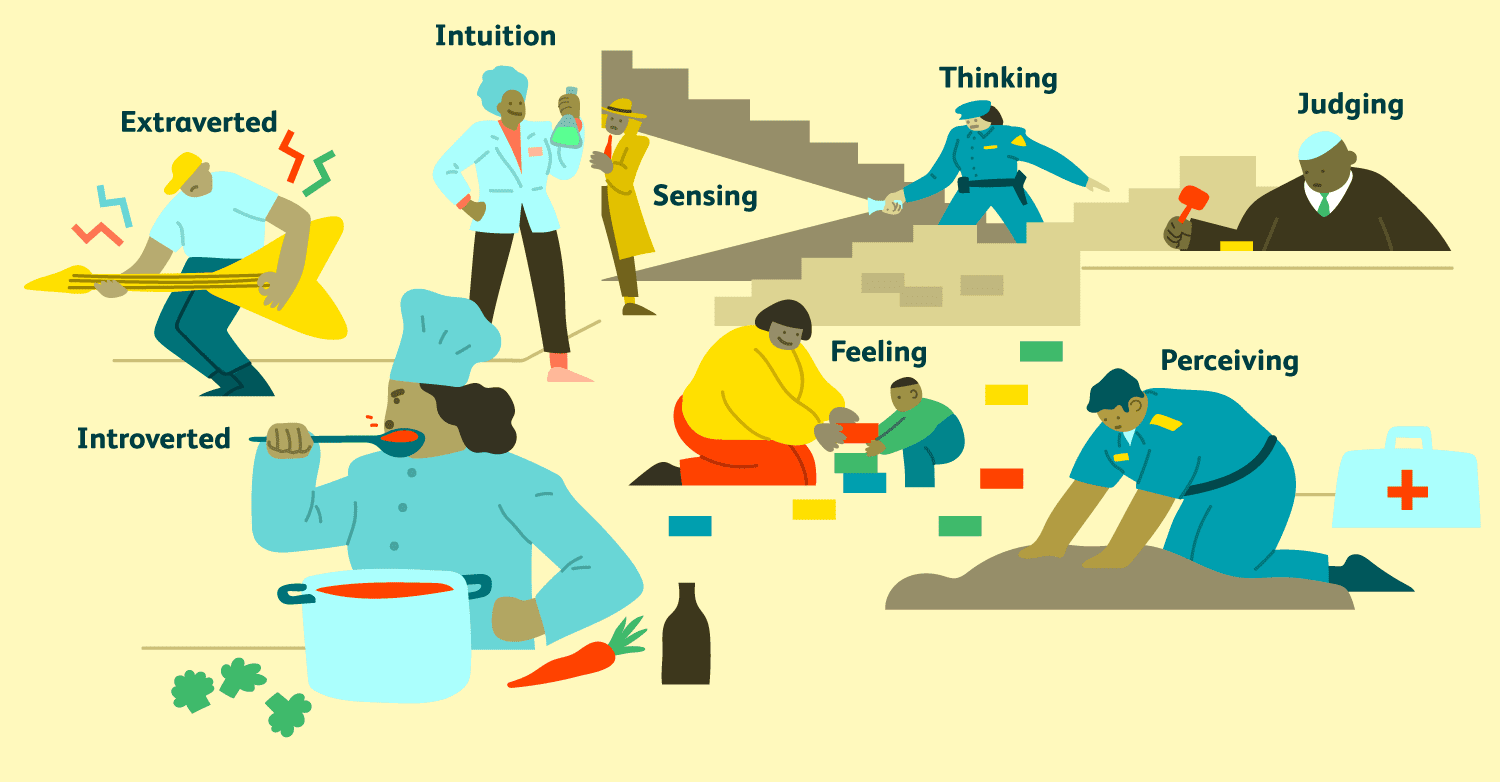
FAQ About Myers-Briggs Personality Type Test

Can my Myers-Briggs personality type change over time?
While your core personality traits tend to remain relatively stable throughout your life, it is possible for your expression of certain traits to change over time. In the context of the Myers-Briggs Type Indicator (MBTI), your overall personality type is determined by your preferences across four dichotomies: extraversion (E) vs. introversion (I), sensing (S) vs. intuition (N), thinking (T) vs. feeling (F), and judging (J) vs. perceiving (P).
While the underlying preferences measured by the MBTI are thought to be relatively stable, it's important to note that individuals can develop and enhance their less preferred traits as they grow and adapt. This can result in shifts in behavior and preferences, leading to potential changes in how you express your MBTI type.
Additionally, life experiences, personal growth, and maturation can influence how you perceive and respond to different situations, which may impact your MBTI type expression. However, it's unlikely for individuals to completely change their fundamental preferences across all four dichotomies.
It's also worth mentioning that the MBTI is a self-reported assessment, and your understanding of yourself may evolve over time. As you gain a deeper understanding of your preferences and learn more about personality psychology, you may refine your self-perception and potentially identify with a different MBTI type that better aligns with your self-concept.
In summary, while core personality traits tend to remain relatively stable, it is possible for your expression of certain traits to change over time, potentially leading to shifts in how you identify with your MBTI type.
